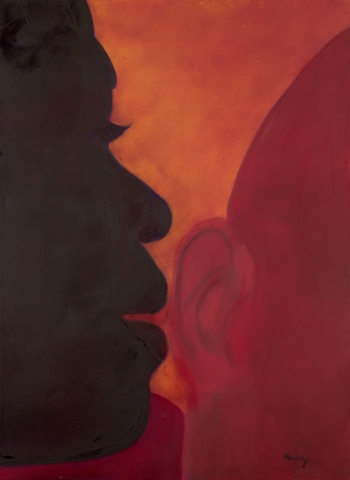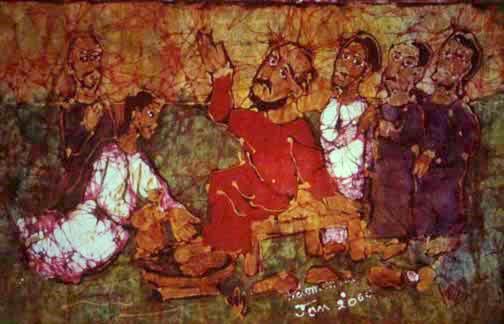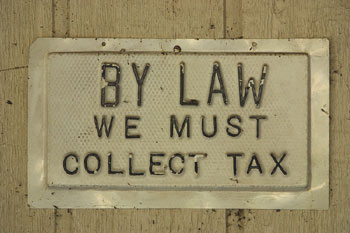Veritas

Veritas. Truth.
Your first allegiance must be to truth.
You must love truth before you love God.
For without a primary love of truth, how do you know that the God you love is the God that is?
Without primary allegiance to truth, you may just love your own ideas which you call God.
If you don’t love truth enough, you will sell it cheap.
Without a costly commitment to truth, you’ll trade truth for certitude.
Certitude is a poor substitute for truth.
If all you want is cheap certitude, that’s easy enough to come by. Just land on some opinion one way or the other, tell yourself you’re certain, and that’s that. No wrestling with doubt, no dark night of the soul, no costly agonizing over the matter, no testing yourself with hard questions. Just accept a secondhand assumption or a majority opinion or a popular sentiment or an inherited tradition as the final word and settle into certainty. You don’t have think about it ever again. Ignorance is bliss. So is certitude.
But… Read more
 We live in a loud culture.
We live in a loud culture.



 Walter Brueggemann is an Old Testament scholar who has spent so much time studying the Old Testament prophets that he seems to have turned into one. He scares me. He’s the Steven King of the authors I read. I remember reading The Prophetic Imagination on a flight from India and writing in the margin, “I wish I hadn’t read this…but I have and I am now responsible.” Walter Brueggemann scares because I think he’s right—that our society is far more distorted than we have supposed. But in this time of economic catastrophe, when Bel bows, Nebo stoops and the false gods of Babylon are shown to be incapable of providing the peace and security they promise, we may be open to a critique of our idols that could lead us to the truly radical alternative of hope in the living God. My prophetic declaration concerning 2009 has been that it is a year of falling idols and rising hope. May it come to pass. So without commentary, other than to say I agree with this prophetic perspective, I offer to you my adaptation and modification of Walter Brueggemann’s 19 Theses..
Walter Brueggemann is an Old Testament scholar who has spent so much time studying the Old Testament prophets that he seems to have turned into one. He scares me. He’s the Steven King of the authors I read. I remember reading The Prophetic Imagination on a flight from India and writing in the margin, “I wish I hadn’t read this…but I have and I am now responsible.” Walter Brueggemann scares because I think he’s right—that our society is far more distorted than we have supposed. But in this time of economic catastrophe, when Bel bows, Nebo stoops and the false gods of Babylon are shown to be incapable of providing the peace and security they promise, we may be open to a critique of our idols that could lead us to the truly radical alternative of hope in the living God. My prophetic declaration concerning 2009 has been that it is a year of falling idols and rising hope. May it come to pass. So without commentary, other than to say I agree with this prophetic perspective, I offer to you my adaptation and modification of Walter Brueggemann’s 19 Theses..  Credo.
Credo.